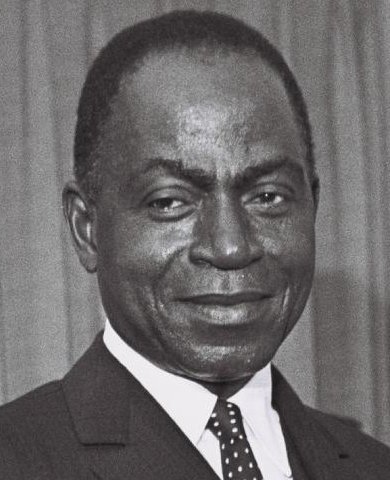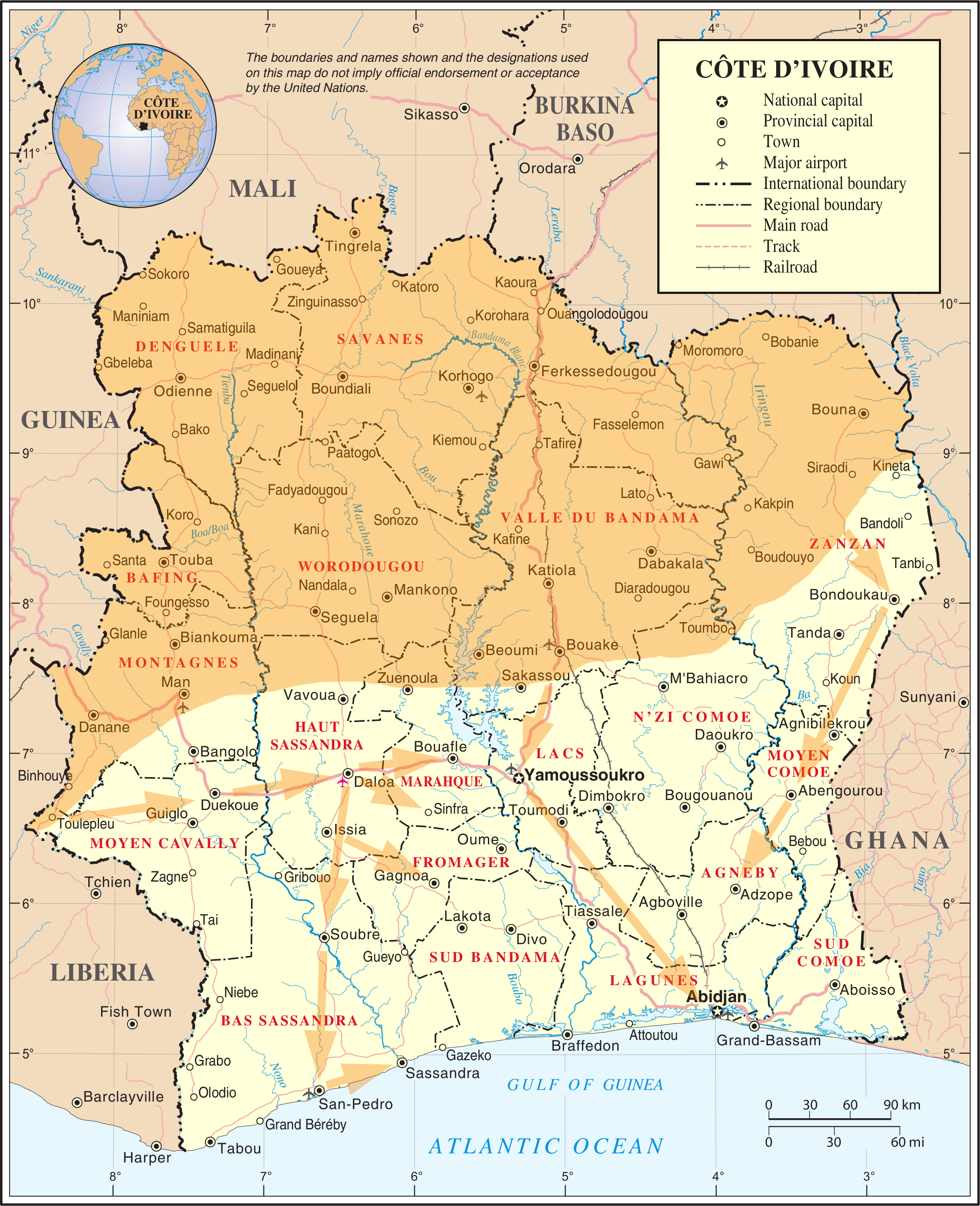|
Ivorian Civil War (other)
The Ivorian Civil War may refer one of two civil wars in Ivory Coast Ivory Coast, also known as Côte d'Ivoire, officially the Republic of Côte d'Ivoire, is a country on the southern coast of West Africa. Its capital is Yamoussoukro, in the centre of the country, while its largest city and economic centre is ...: *The First Ivorian Civil War (2002–2007) *The Second Ivorian Civil War (2010–2011) {{Disambig ... [...More Info...] [...Related Items...] OR: [Wikipedia] [Google] [Baidu] |
Ivory Coast
Ivory Coast, also known as Côte d'Ivoire, officially the Republic of Côte d'Ivoire, is a country on the southern coast of West Africa. Its capital is Yamoussoukro, in the centre of the country, while its largest city and economic centre is the port city of Abidjan. It borders Guinea to the northwest, Liberia to the west, Mali to the northwest, Burkina Faso to the northeast, Ghana to the east, and the Gulf of Guinea (Atlantic Ocean) to the south. Its official language is French, and indigenous languages are also widely used, including Bété, Baoulé, Dioula, Dan, Anyin, and Cebaara Senufo. In total, there are around 78 different languages spoken in Ivory Coast. The country has a religiously diverse population, including numerous followers of Christianity, Islam, and indigenous faiths. Before its colonization by Europeans, Ivory Coast was home to several states, including Gyaaman, the Kong Empire, and Baoulé. The area became a protectorate of France in 1843 ... [...More Info...] [...Related Items...] OR: [Wikipedia] [Google] [Baidu] |
First Ivorian Civil War
The First Ivorian Civil War was a civil conflict in the Ivory Coast (also known as Côte d'Ivoire) that began with a military rebellion on 19 September 2002 and ended with a peace agreement on 4 March 2007. The conflict pitted the government of Ivorian President Laurent Gbagbo against a domestic insurgency led by the New Forces of Ivory Coast (''Forces nouvelles de Côte d'Ivoire''). The war was preceded by a tumultuous decade in Ivory Coast, marked by an economic downturn and, following the death of long-time Ivorian President Félix Houphouët-Boigny in December 1993, a leadership succession crisis. The succession crisis manifested in a 1999 military coup d'état and a violent dispute over the result of the 2000 presidential election. Three successive Ivorian leaders – Henri Konan Bédié from 1993, Robert Guéï from 1999, and Gbagbo from 2000 – exploited the ideology of Ivoirité to repress and marginalise political opposition, notably by disqualifying Alassane Ouattar ... [...More Info...] [...Related Items...] OR: [Wikipedia] [Google] [Baidu] |
Second Ivorian Civil War
The Second Ivorian Civil War broke out in March 2011 when the crisis in Ivory Coast escalated into full-scale military conflict between forces loyal to Laurent Gbagbo, the President of Ivory Coast since 2000, and supporters of the internationally recognised president-elect Alassane Ouattara. After months of unsuccessful negotiations and sporadic violence between supporters of the two sides, the crisis entered a critical stage as Ouattara's forces seized control of most of the country with the help of the UN, with Gbagbo entrenched in Abidjan, the country's largest city. International organizations have reported numerous instances of human rights violations by both sides, in particular in the city of Duékoué where Ouattara's forces killed hundreds of people. Overall casualties of the war are estimated around 3000. The UN and French forces took military action, with the stated objective to protect their forces and civilians. France's forces arrested Gbagbo at his residence on 1 ... [...More Info...] [...Related Items...] OR: [Wikipedia] [Google] [Baidu] |

